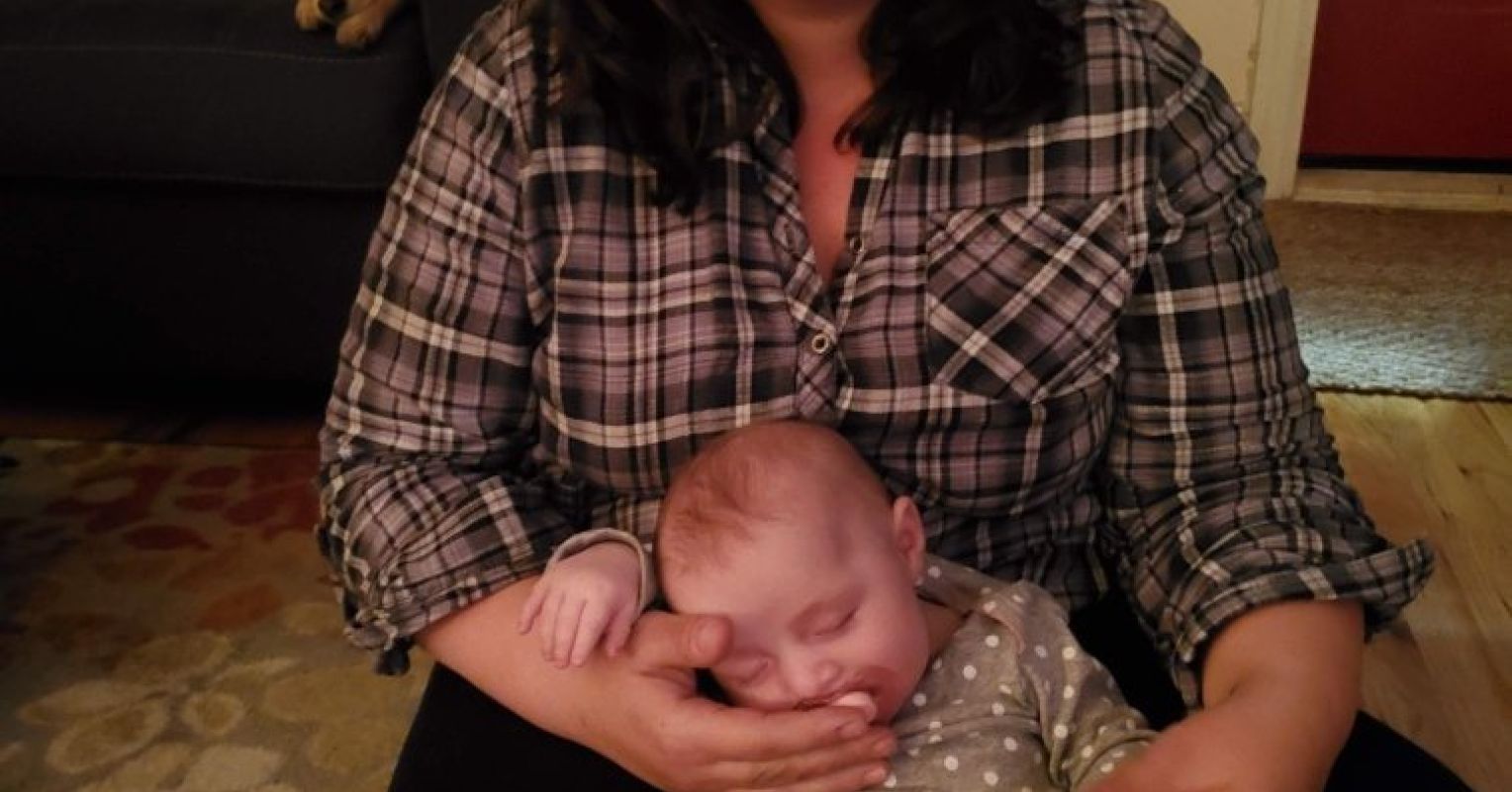
"When I was seven months pregnant, someone handed me a copy of Twelve Hours by Twelve Weeks, a bestselling baby sleep manual. I devoured it like scripture. Everyone had warned me that the sleep deprivation would be brutal. This book promised salvation, if I just followed the rules: stretch feedings, track ounces, ignore midnight cries. My baby would sleep through the night by three months."
"'I have no idea what I'm doing. My nipples are raw and cracking. Every cry means one less minute of sleep. I love her. And I dread her at the same time.' Sleep deprivation wasn't new to me. I'd barely slept during pregnancy due to hyperemesis and relentless reflux. But this was different. This was me crying over a feeding chart. This was me hiding a bottle of sleeping pills in the bathroom cabinet, just in case."
A popular sleep manual promised that infants would sleep through the night by three months if parents followed strict schedules of stretch feedings, tracked ounces, and ignored night cries. A mother followed those instructions but her baby had undiagnosed reflux and required feeding every two hours, so the plan failed. The failure and persistent sleep deprivation contributed to severe maternal distress, shame, and suicidal thoughts. Medical dismissal of symptoms increased isolation. Rigid routines that ignore infants' feeding needs and maternal mental health can harm families. Connection-based, flexible routines can reduce pressure and better support infant and maternal well-being.
Read at Psychology Today
Unable to calculate read time
Collection
[
|
...
]